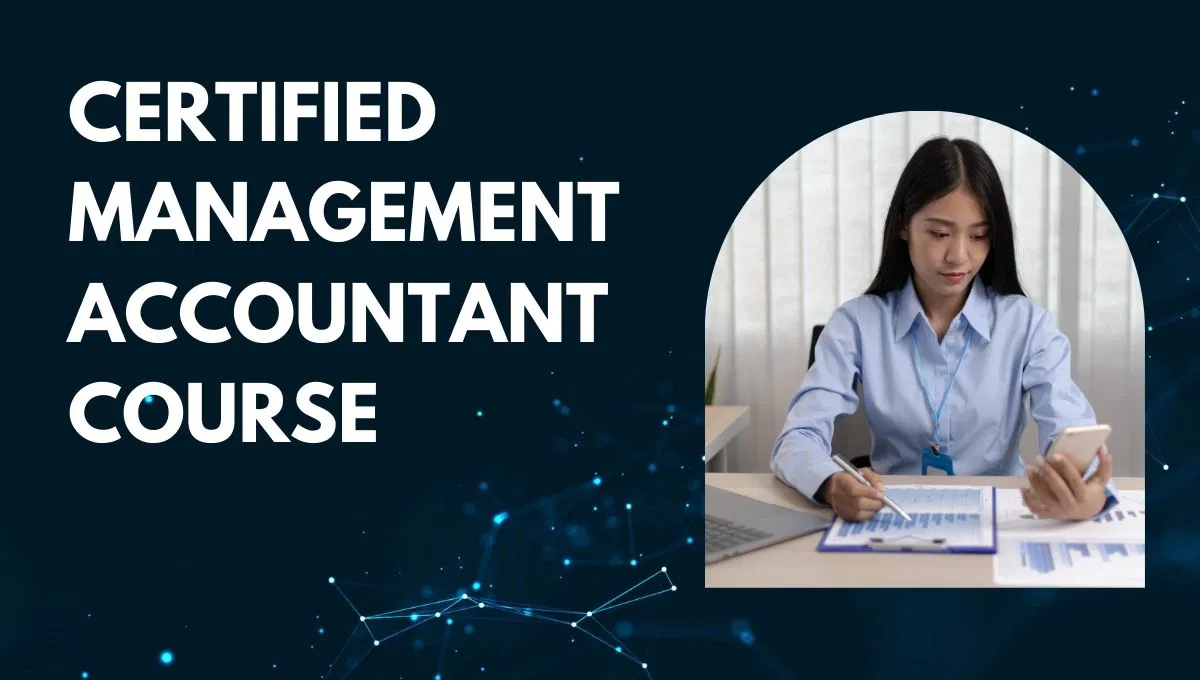Preparing for the Certified Management Accountant course (CMA) in 6 months can feel ambitious, but with the right strategy, it is achievable. The Institute of Management Accountants (IMA) in the United States offers the CMA course, which is highly respected in the domains of management accounting and corporate finance. It prioritizes areas – financial planning, decision-making, and control, analysis and professional ethics. To clear CMA exams in 6 months, prioritize structured learning and targeted practice on what is on the mock exams throughout the duration of exam preparation.
However, the regular six-month schedule recommends a delicate balancing of theory and practicals. This entails understanding the basics while working on real-world problems, previous papers, and mock tests, fundamentals of CMA preparation. Focus on time management with timely revisions, and ideal study materials throughout the CMA course duration for completing the syllabus. With full dedication and a working strategy, you can target clearing both Part 1 and Part 2 exams within their estimated time frame.
Tips to Plan Certified Management Accountant Course Prep Within 6 Months
1. Determine Exam Structure and Syllabus
Before starting preparations, it’s essential to understand the exam format for the Certified Management Accountant course. Financial planning, performance, and analytics are the main topics of Part 1, whereas strategic financial management is the primary focus of Part 2. Each section will test your understanding and ability to demonstrate the knowledge presented in a real-life context. It’s best to familiarize yourself with the curriculum to identify where additional study is needed.
Also, understanding the weighting of each topic is imperative! For example, topics such as cost management and financial statement analysis carry a significantly higher weighting. This will allow you to focus on improving your chances of achieving a high score. Use the official IMA study materials to map out your study path and ensure that you don’t overlook any critical topics.
2. Build a Realistic Schedule
Time management is the backbone of a successful Certified Management Accountant course prep plan. Focus on dividing your 6 months into weekly and daily study goals. Also aim for 15 to 20 hours and distribute that time in a way that covers the time spent reading theory, practising problems and reviewing concepts. Give each CMA component enough time based on your degree of subject-matter competence.
Next, break down your schedule into smaller, manageable chunks, such as focusing on one topic per week or two subtopics daily. Taking breaks should be a key strategy in your study routine to prevent burnout and improve retention. Using a calendar or study planner will allow you to keep track of your progress and adjust your prep timeline if you find topics are more challenging than you had expected.
3. Prioritize Practice and Revision
Failing to engage in practice will not enable you to be successful in the CMA exam; practice is as vital as reviewing theory; you need to devote allocated portions of time working on MCQs, essays or scenario-based problems throughout the CMA course duration. As you progress through the study period, gradually increase the level of difficulty and simulate an exam-like environment to begin building your confidence for the actual exam.
Along with practising, ensure you are continuously reviewing your content to help further increase your learning. To quickly review the main concepts, utilize summaries, formula sheets, and flashcards. Additionally, you should schedule revision sessions at the end of each week and month, where you review your weaker areas.
4. Leverage Mock Exams to Evaluate Readiness
Practice tests help determine how prepared you are for the actual exams. Take no fewer than the last 4 to 6 weeks before taking the CMA exam for full-length mock exams on both parts of the exam. Mock exams will help assess what sections of the exam you perform well on or poorly, practice exam-time management in exam-like situations, and uncover sections of study material you need to revisit.
Once you look back at your mock exams, you are going to review how you did. Look for mistakes you made and look to analyze and understand why you made those mistakes, and go back to the study materials in relation to that area across the CMA course duration preparation. Finally, regular mock exams will help reduce exam-related anxiety and build confidence, making the real exam experience much more manageable.
5. Prioritize Weak Areas Early On
Identifying and prioritizing weak areas has the potential to save you time and enhance your performance to help you complete all parts of your upcoming exam. Begin by taking the test and reviewing past performance to identify topics that you find challenging. By handling these complex subjects first, you will allow more time to revisit them and prevent last-minute stress.
Furthermore, consistently working on weaker areas will help you gradually turn them into strengths. Leverage extra practice questions, video tutorials or consult mentors to seek clarification.
Final Takeaway!
If you plan to complete the Certified Management Accountant course in 6 months, you will need to organize a plan, focus on core topics, and study on a consistent timetable. If you practice each day with structured study materials, take mock tests regularly, and use your weak areas as daily study topics, you will develop mastery in your subjects and the exam. To learn more about the CMA certification, contact the Zell Education team now! Read More
FAQs
1. How many hours should I study each day for the 6 months of CMA prep?
Dedicate 2 to 3 hours daily consistently to complete the CMA syllabus within 6 months of prep.
2. In six months, can I complete both CMA sections?
Yes, if you study in a disciplined and focused way, and you are consistent with your efforts and subject mastery, you can pass both parts in 6 months.
3. How many mock exams are enough for CMA preparation?
You must aim for at least 5 to 6 full-length mock exams per part to gain confidence and boost readiness.


